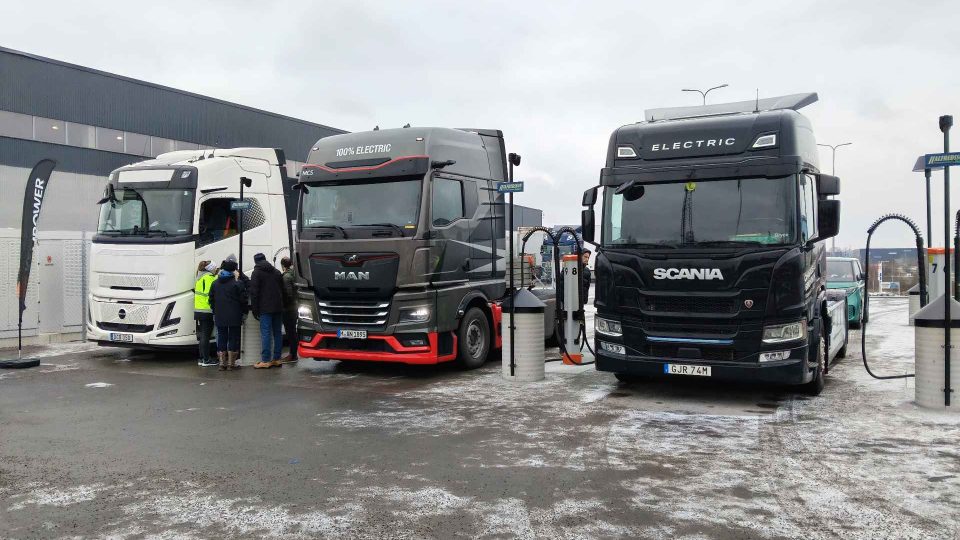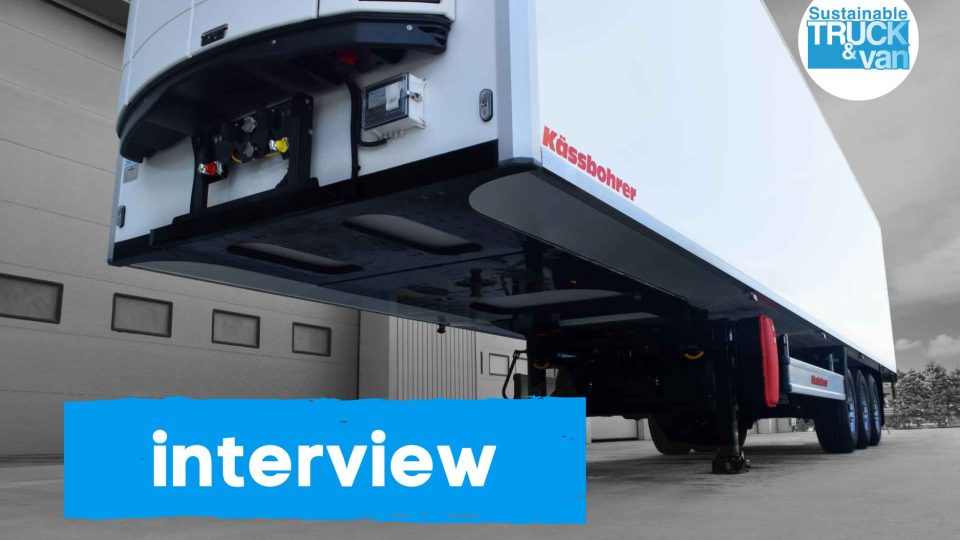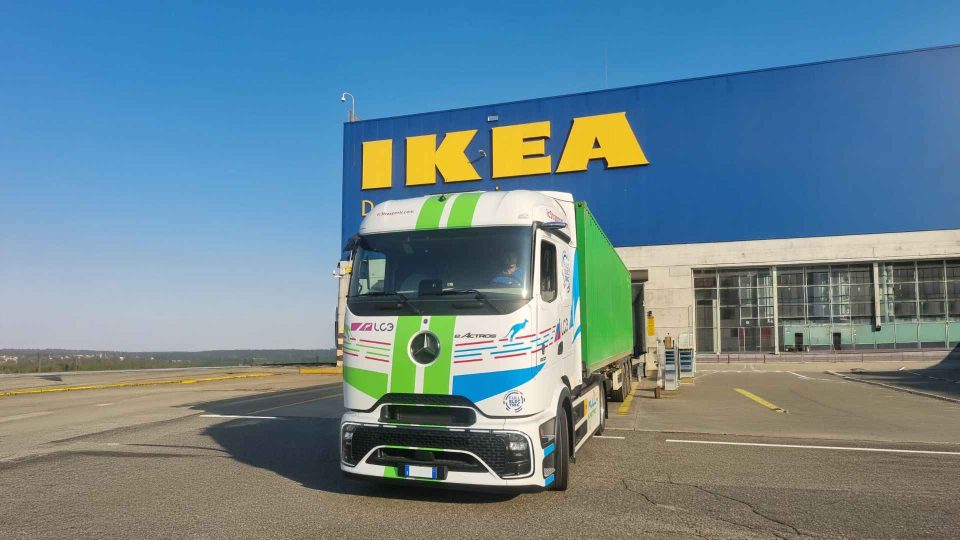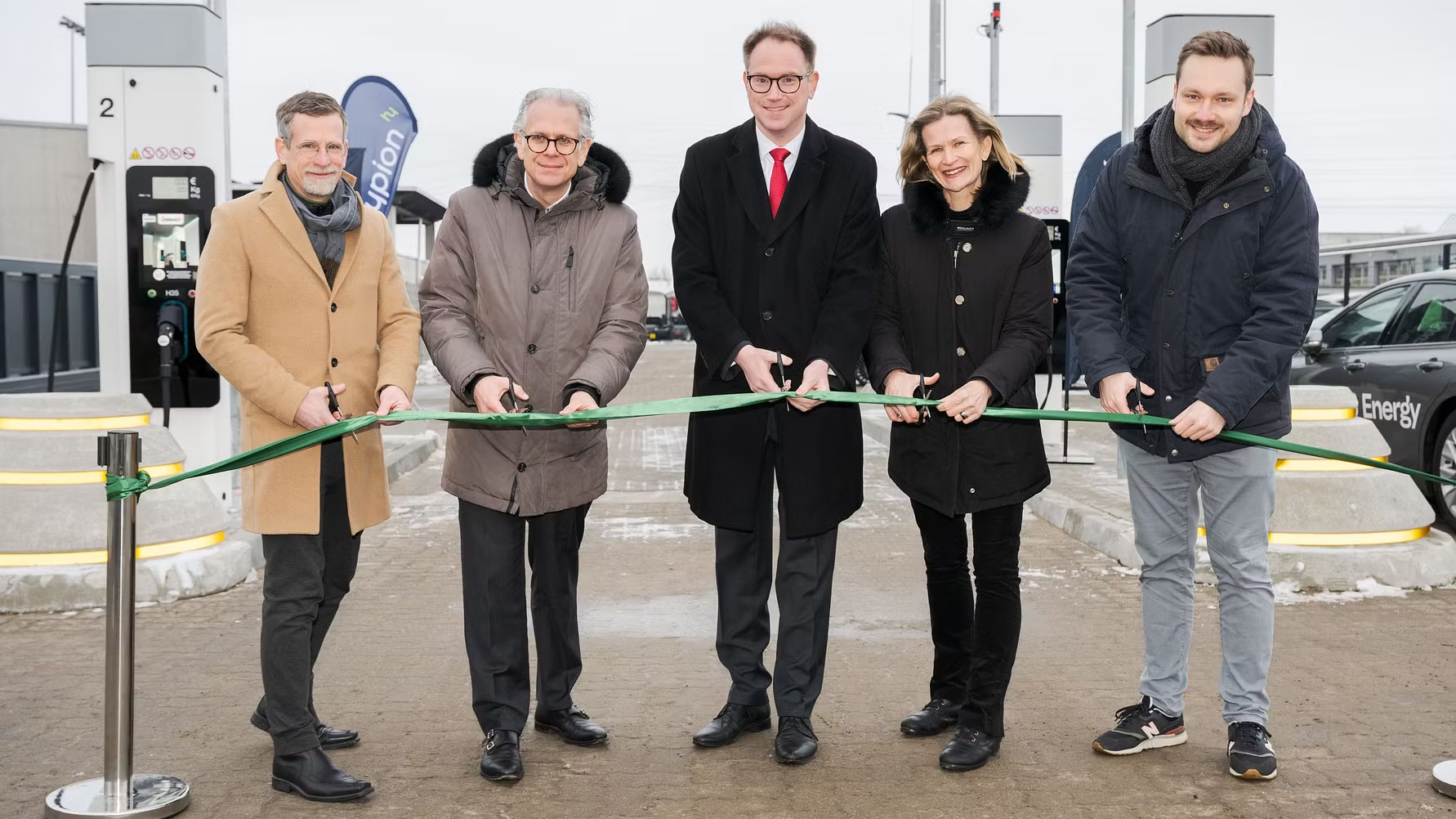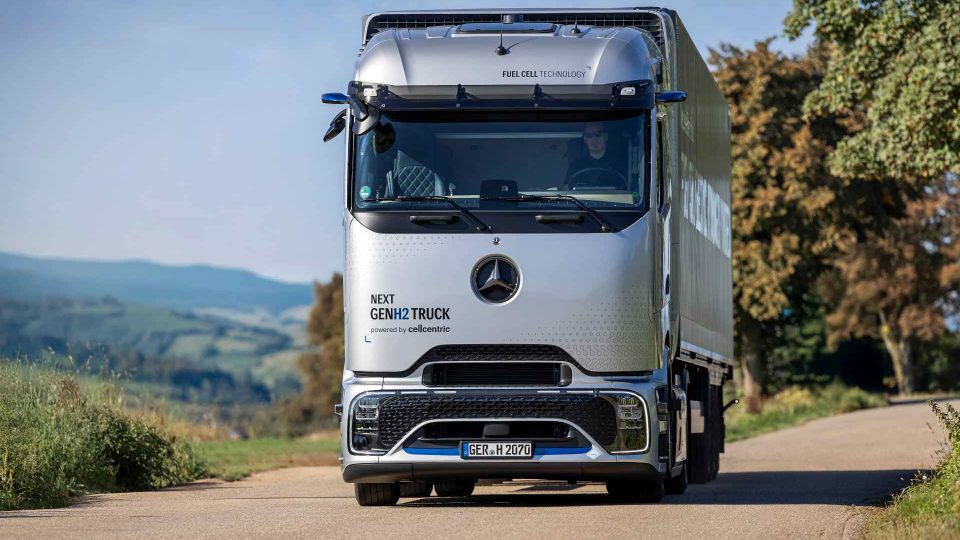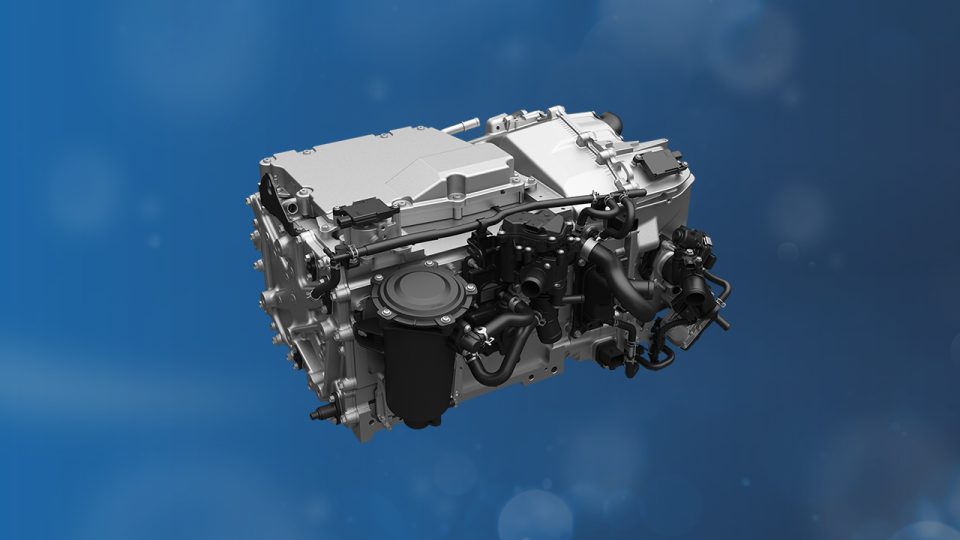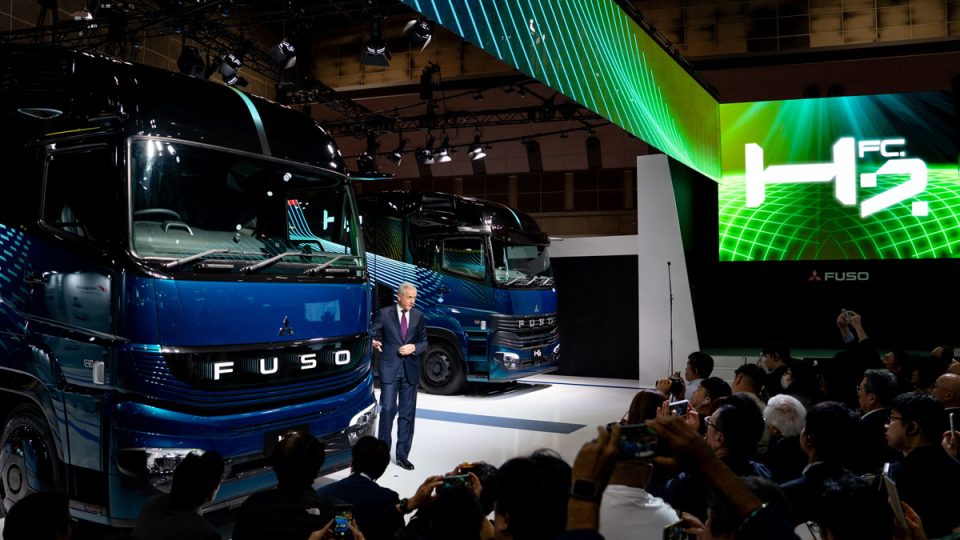Hynion-Premac: a Scandinavian cooperation to build hydrogen stations
Hynion and Premac set partnership with the idea of manufacturing hydrogen stations. The two companies decided to put together their respective skills. As for Hynion, the Swedish company has extensive experience in the design, establishment and operation of hydrogen stations. The experience gained so far by Norwegian brand Premac is quite different, as the company […]

Hynion and Premac set partnership with the idea of manufacturing hydrogen stations. The two companies decided to put together their respective skills. As for Hynion, the Swedish company has extensive experience in the design, establishment and operation of hydrogen stations. The experience gained so far by Norwegian brand Premac is quite different, as the company has been long working in the design and construction of many different types of fuel stations. Talking about hydrogen, read about the recent agreement between Chevron and Cummins.
Hynion CEO: «A larger number of hydrogen stations in the years to come»
«When we now enter a new phase with the establishment of a larger number of hydrogen stations in the years to come, it is crucial for us to be able to work with an experienced station builder. Our hydrogen technology has been proven over many years of operation and is based on solid experience from the process industry. It has proven to be a robust and secure solution with very high uptime. Now we want to optimize this in collaboration with Premac», said Ulf Hafseld, CEO of Hynion AS.
Kurt Dahlberg, board member of Hynion added: «We believe this Norwegian-Swedish cooperation will give the partners a good and efficient production of hydrogen stations, which will reduce costs. At the same time, we are preparing for a future rapid expansion by collaborating with experienced station builders and setting up good product lines».
As underlined by Emil Anderson, CEO of Premac, «Hydrogen stations require unique expertise, and we get it from Hynion. We believe this is a good solution where we can combine different experiences and create new products that are suitable for the fuels of the future, he concludes».



